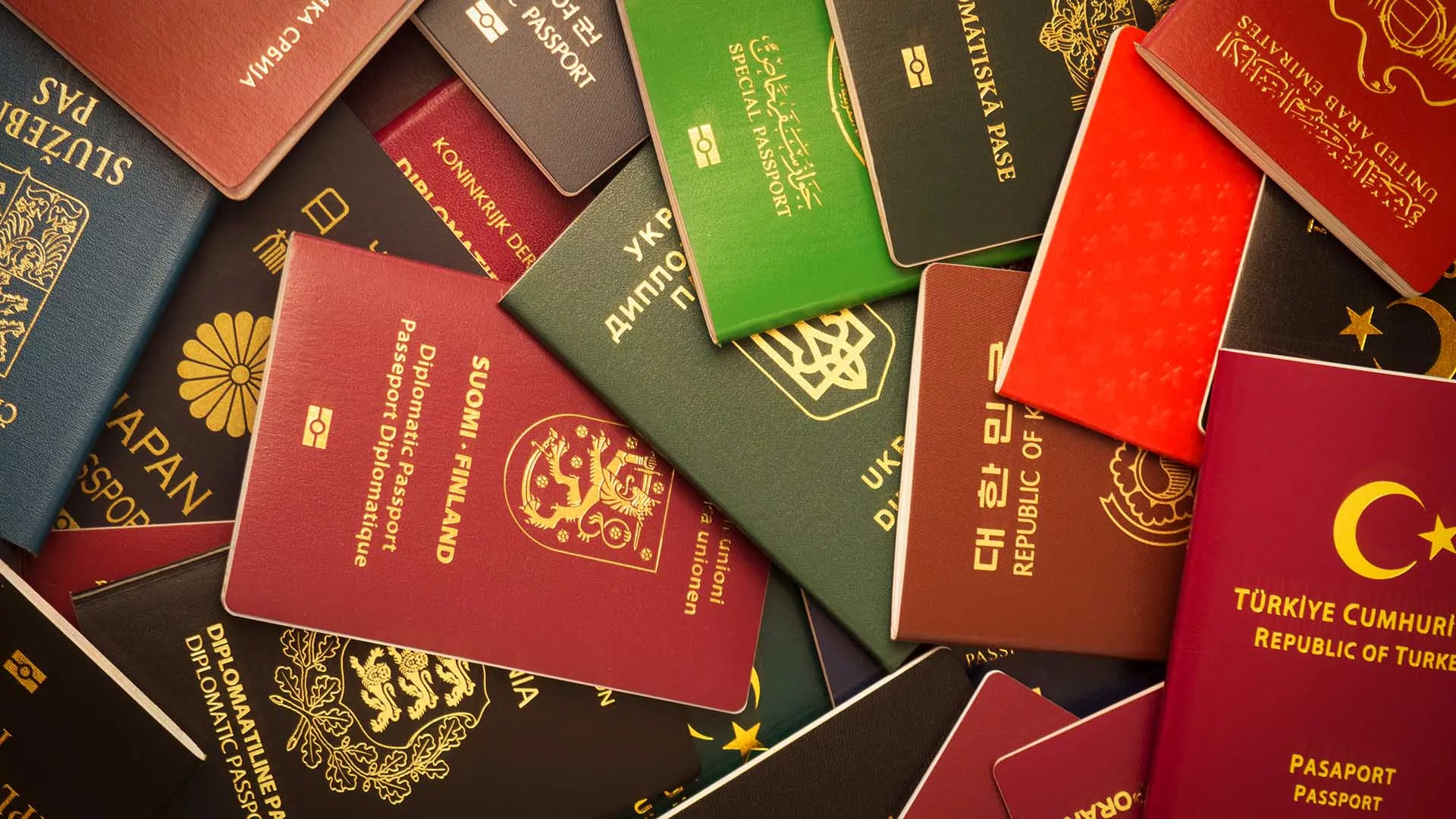Italian and Spanish authorities have seized more than 260,000 liters of counterfeit extra virgin olive oil and arrested 11 individuals suspected of mixing high-quality oil with low-quality “Lampante oil,” previously used as fuel for oil lamps.
 Italian and Spanish authorities seized more than 260,000 liters of counterfeit extra virgin olive. (Photo: Guardia Civil/Ministerio del Interior, License)The quality of olive oil is determined by its acidity, linked to preserving the inherent benefits and nutrients. The higher the acidity, the lower the quality, with the highest quality typically containing between 0.1% and 0.3% acidity. When acidity reaches 2% or higher, it is classified as “Lampante oil.”
Italian and Spanish authorities seized more than 260,000 liters of counterfeit extra virgin olive. (Photo: Guardia Civil/Ministerio del Interior, License)The quality of olive oil is determined by its acidity, linked to preserving the inherent benefits and nutrients. The higher the acidity, the lower the quality, with the highest quality typically containing between 0.1% and 0.3% acidity. When acidity reaches 2% or higher, it is classified as “Lampante oil.”
According to European Union marketing standards, Lampante oil has an unpleasant odor and is not intended for consumption. It is often made from overripe and rotten olives and used for industrial purposes.
Europol announced on Monday that the joint operation started on Nov. 23 when Spanish and Italian authorities executed searches across multiple locations in both countries.
In the Ciudad Real region, Spain, authorities apprehended six suspects and seized 12 barrels containing the counterfeit oil, totaling 260,000 liters (approximately 68,708.84 gallons).
Officers also confiscated four vehicles, valued at approximately 91,000 euros (US$98,208.11), and discovered evidence such as billing documents and emails.
Additionally, searches were conducted in the Spanish provinces of Jaén and Córdoba, targeting oil bottling plants and warehouses.
Meanwhile, in the provinces of Sicily and Tuscany, Italy, investigators inspected three oil factories suspected of illegal practices. Investigators obtained fiscal documents, client lists, and oil samples. Additionally, one company has been accused of irregular labeling.
“Various factors, such as the general inflation of prices, reduced olive oil production, and increasing demand, have created the perfect breeding ground for fraudulent producers,” said Europol in Monday’s statement.
“This illegal practice can not only cause a public health risk but also undermine consumer trust and thus have further economic repercussions,” Europol explained.
Southern regions, including Bari in Italy, Chania in Greece, and Jaén in Spain, are key olive oil markets in the European Union, collectively accounting for over 60% of global olive oil production, according to the International Olive Oil, an intergovernmental organization.
The prices of olive oil in these three countries, especially in Spain, significantly influence other olive oil-producing nations and particularly the oils they plan to export.
According to the European Centre for Medium-Range Weather Forecasts, June 2023 was the hottest month ever recorded worldwide. Extreme climate events have a huge impact on the agricultural sector and in this particular case on olive oil production.
Consequently, the price of olive oil in the European Union has surged by 75% since January 2021, according to Eurostat, beating other food products such as potatoes, butter and eggs.
Published by: occrp.org




